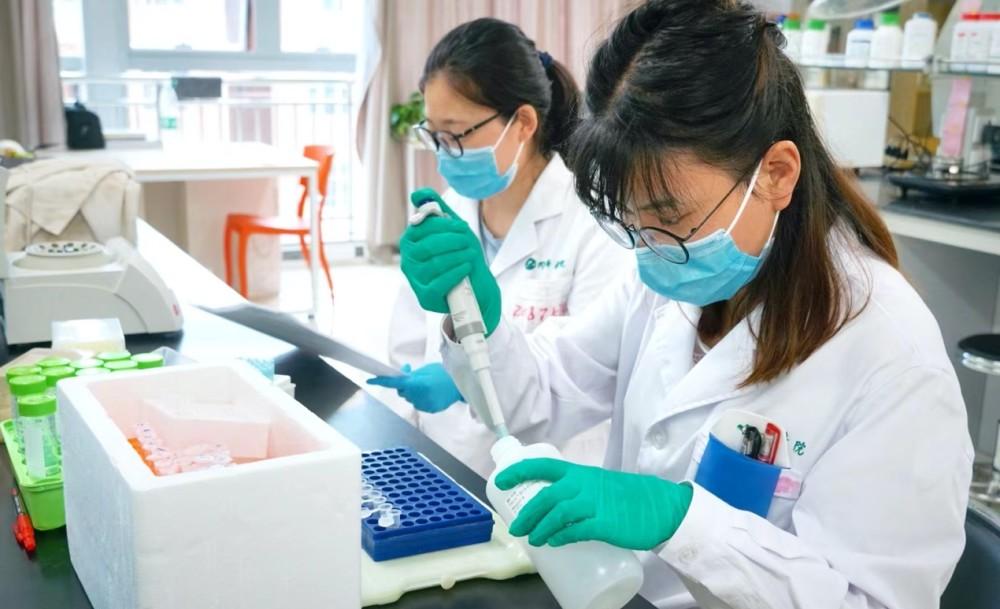On February 10, the People's Daily health client learned that the "14th Five-Year Plan" national key research and development plan "Research on Innovative Technologies and Protection Specifications for the Clinical Treatment of Zoonotic Infectious Diseases" led by Huazhong University of Science and Technology and jointly declared by ten units including Tongji Hospital affiliated to Huazhong University of Science and Technology was approved, and Professor Ning Qin of the Institute of Infectious Diseases of Tongji Hospital was the chief scientist.

Professor Ning Qin's team of researchers. Courtesy of the interviewee
Zoonotic diseases refer to diseases caused by the same pathogen, epidemiologically interrelated, and naturally transmitted between humans and animals, at present, more than 70% of infectious diseases belong to zoonotic infectious diseases, and 60% of emerging infectious diseases are zoonotic infectious diseases. SARS, Middle East respiratory syndrome, the new coronavirus, Ebola haemorrhagic fever, and Zika virus are all "sneak attacks" originating from animal viruses and pose a huge threat to human health. Emerging zoonotic and high-intensity infectious diseases need breakthroughs in pathogen identification, traceability and control, rapid diagnosis and treatment, and drug development.
The project mainly focuses on the study of severe infectious diseases common to humans and animals, including emerging and "classic" infectious diseases, emerging infectious diseases such as novel coronavirus, classic infectious diseases such as epidemic hemorrhagic fever, fever with thrombocytopenia syndrome, brucellosis, etc. Starting from the major practical needs of national biosecurity, the project conducts research on five key links, including the clinical characteristics of zoonotic and severe infectious diseases, disease progression and outcome law, early warning and prediction of severe critical illness, critical medical wisdom information system, new technologies and new programs for clinical treatment, and biosecurity system for clinical treatment.
"It is hoped that through three years, the early warning indicators and clinical characteristics of major severe infectious diseases will be summarized, and 3 to 4 particularly effective treatment plans will be explored, so that the survival rate of clinical treatment of major severe infectious diseases will be increased by at least 15%." At the same time, a critical care medical intelligent information system is established to realize wireless monitoring of the vital signs of severe patients to reduce the pain of seriously ill patients. Professor Ning Qin said in an interview with the People's Daily health client.
Professor Ning Qin explains the case. Courtesy of the interviewee
It is understood that the joint application units of the project also include Jilin University, Huazhong Agricultural University, Institute of Microbiology of chinese Academy of Sciences, Wuhan Jinyintan Hospital, Wuhan Pulmonary Hospital, Hubei Provincial Center for Disease Control and Prevention, Wuhan Institute of Biological Products Co., Ltd., Shenzhen Mindray Biomedical Electronics Co., Ltd., with a research fund of 19.1 million yuan. (Liu Yingqi)